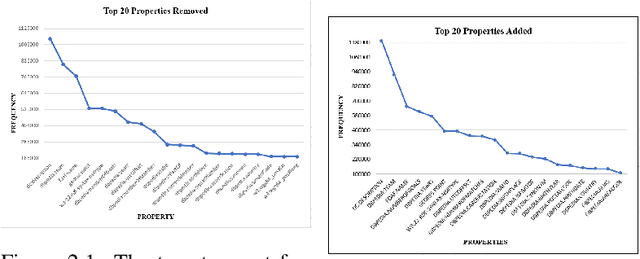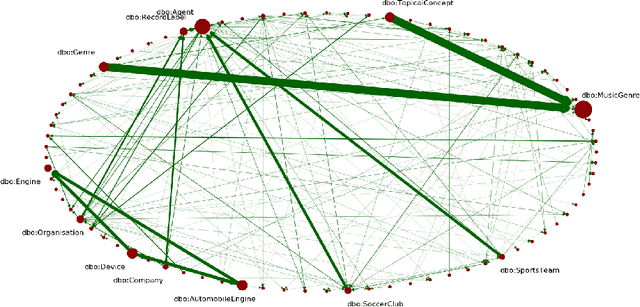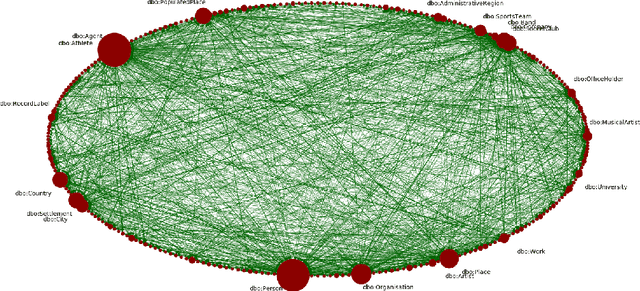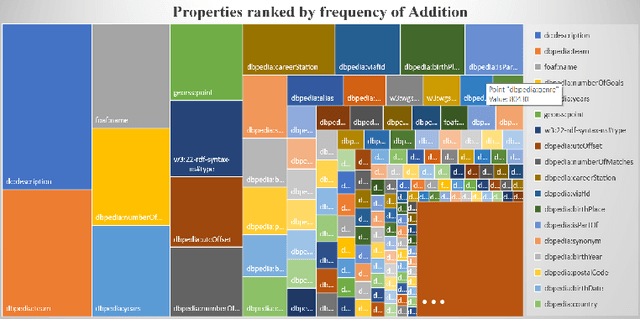Alessandro Umbrico
TRIFFID: Autonomous Robotic Aid For Increasing First Responders Efficiency
Feb 13, 2025



Abstract:The increasing complexity of natural disaster incidents demands innovative technological solutions to support first responders in their efforts. This paper introduces the TRIFFID system, a comprehensive technical framework that integrates unmanned ground and aerial vehicles with advanced artificial intelligence functionalities to enhance disaster response capabilities across wildfires, urban floods, and post-earthquake search and rescue missions. By leveraging state-of-the-art autonomous navigation, semantic perception, and human-robot interaction technologies, TRIFFID provides a sophisticated system com- posed of the following key components: hybrid robotic platform, centralized ground station, custom communication infrastructure, and smartphone application. The defined research and development activities demonstrate how deep neural networks, knowledge graphs, and multimodal information fusion can enable robots to autonomously navigate and analyze disaster environ- ments, reducing personnel risks and accelerating response times. The proposed system enhances emergency response teams by providing advanced mission planning, safety monitoring, and adaptive task execution capabilities. Moreover, it ensures real- time situational awareness and operational support in complex and risky situations, facilitating rapid and precise information collection and coordinated actions.
Optimal task and motion planning and execution for human-robot multi-agent systems in dynamic environments
Mar 27, 2023Abstract:Combining symbolic and geometric reasoning in multi-agent systems is a challenging task that involves planning, scheduling, and synchronization problems. Existing works overlooked the variability of task duration and geometric feasibility that is intrinsic to these systems because of the interaction between agents and the environment. We propose a combined task and motion planning approach to optimize sequencing, assignment, and execution of tasks under temporal and spatial variability. The framework relies on decoupling tasks and actions, where an action is one possible geometric realization of a symbolic task. At the task level, timeline-based planning deals with temporal constraints, duration variability, and synergic assignment of tasks. At the action level, online motion planning plans for the actual movements dealing with environmental changes. We demonstrate the approach effectiveness in a collaborative manufacturing scenario, in which a robotic arm and a human worker shall assemble a mosaic in the shortest time possible. Compared with existing works, our approach applies to a broader range of applications and reduces the execution time of the process.
Knowledge Graphs Evolution and Preservation -- A Technical Report from ISWS 2019
Dec 22, 2020



Abstract:One of the grand challenges discussed during the Dagstuhl Seminar "Knowledge Graphs: New Directions for Knowledge Representation on the Semantic Web" and described in its report is that of a: "Public FAIR Knowledge Graph of Everything: We increasingly see the creation of knowledge graphs that capture information about the entirety of a class of entities. [...] This grand challenge extends this further by asking if we can create a knowledge graph of "everything" ranging from common sense concepts to location based entities. This knowledge graph should be "open to the public" in a FAIR manner democratizing this mass amount of knowledge." Although linked open data (LOD) is one knowledge graph, it is the closest realisation (and probably the only one) to a public FAIR Knowledge Graph (KG) of everything. Surely, LOD provides a unique testbed for experimenting and evaluating research hypotheses on open and FAIR KG. One of the most neglected FAIR issues about KGs is their ongoing evolution and long term preservation. We want to investigate this problem, that is to understand what preserving and supporting the evolution of KGs means and how these problems can be addressed. Clearly, the problem can be approached from different perspectives and may require the development of different approaches, including new theories, ontologies, metrics, strategies, procedures, etc. This document reports a collaborative effort performed by 9 teams of students, each guided by a senior researcher as their mentor, attending the International Semantic Web Research School (ISWS 2019). Each team provides a different perspective to the problem of knowledge graph evolution substantiated by a set of research questions as the main subject of their investigation. In addition, they provide their working definition for KG preservation and evolution.
Timeline-based Planning and Execution with Uncertainty: Theory, Modeling Methodologies and Practice
May 14, 2019



Abstract:Automated Planning is one of the main research field of Artificial Intelligence since its beginnings. Research in Automated Planning aims at developing general reasoners (i.e., planners) capable of automatically solve complex problems. Broadly speaking, planners rely on a general model characterizing the possible states of the world and the actions that can be performed in order to change the status of the world. Given a model and an initial known state, the objective of a planner is to synthesize a set of actions needed to achieve a particular goal state. The classical approach to planning roughly corresponds to the description given above. The timeline-based approach is a particular planning paradigm capable of integrating causal and temporal reasoning within a unified solving process. This approach has been successfully applied in many real-world scenarios although a common interpretation of the related planning concepts is missing. Indeed, there are significant differences among the existing frameworks that apply this technique. Each framework relies on its own interpretation of timeline-based planning and therefore it is not easy to compare these systems. Thus, the objective of this work is to investigate the timeline-based approach to planning by addressing several aspects ranging from the semantics of the related planning concepts to the modeling and solving techniques. Specifically, the main contributions of this PhD work consist of: (i) the proposal of a formal characterization of the timeline-based approach capable of dealing with temporal uncertainty; (ii) the proposal of a hierarchical modeling and solving approach; (iii) the development of a general purpose framework for planning and execution with timelines; (iv) the validation{\dag}of this approach in real-world manufacturing scenarios.
 Add to Chrome
Add to Chrome Add to Firefox
Add to Firefox Add to Edge
Add to Edge